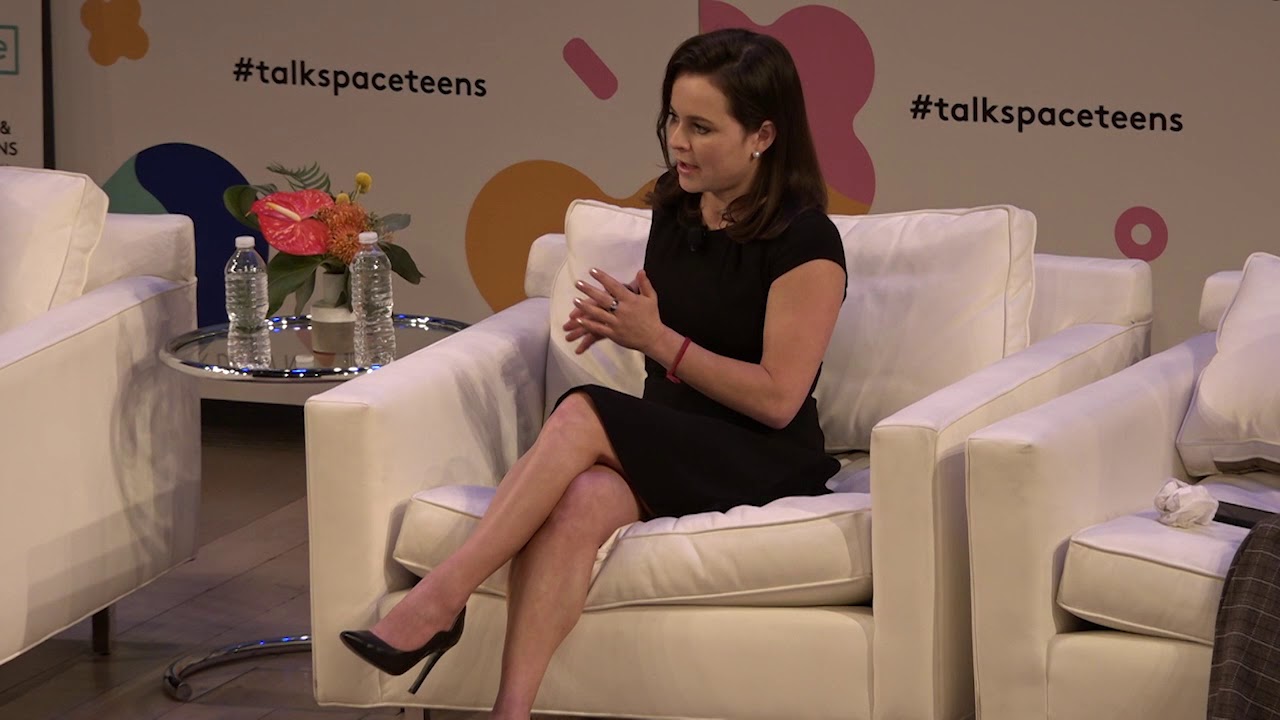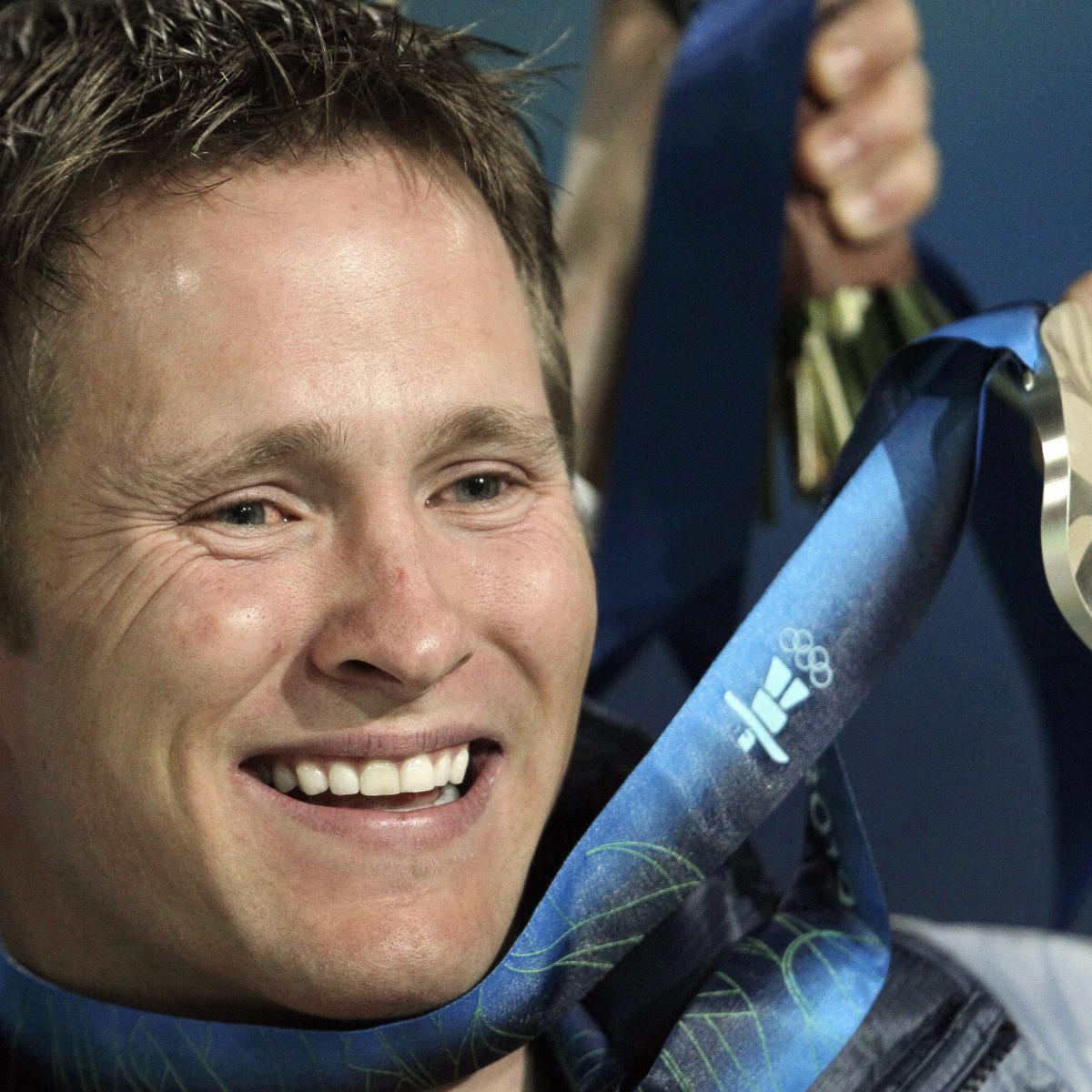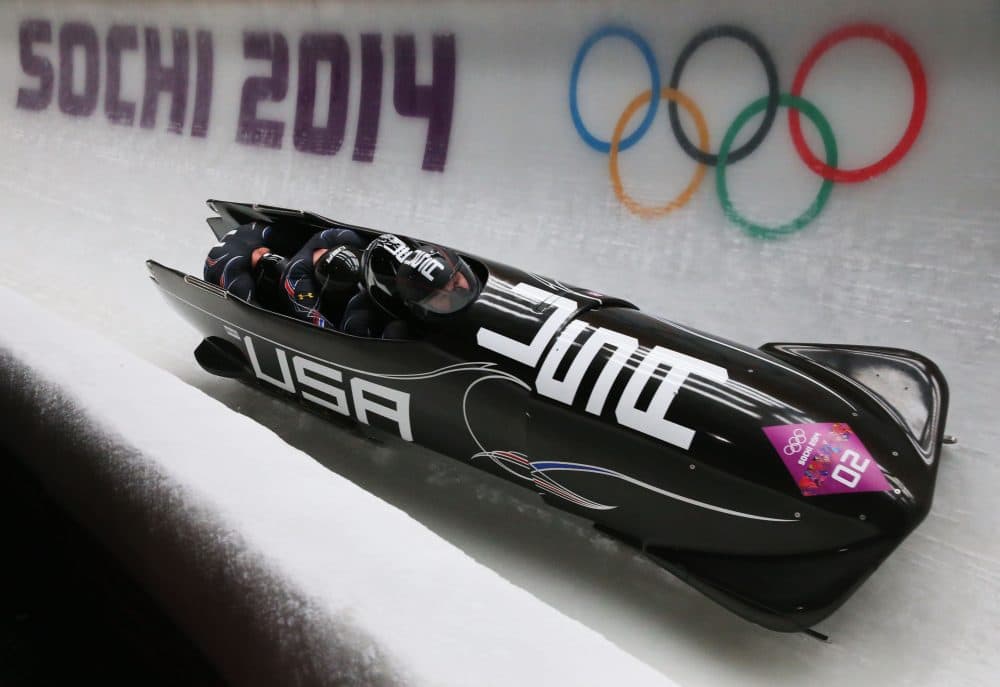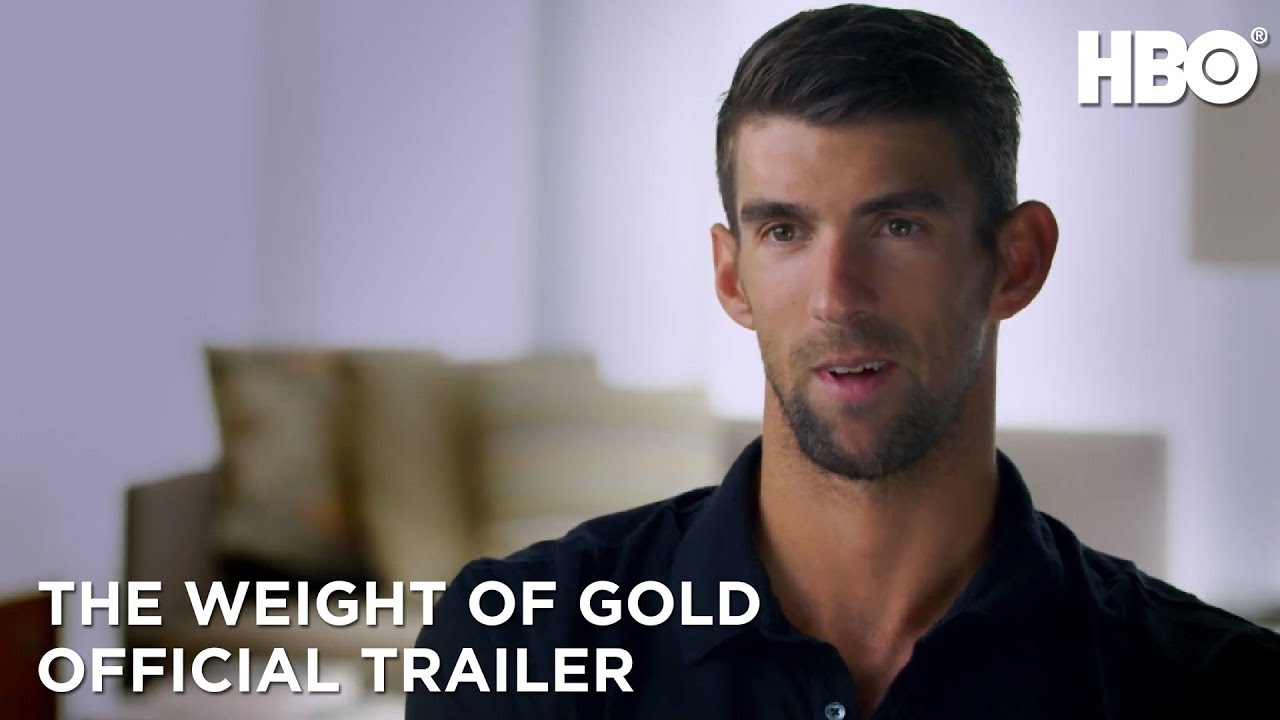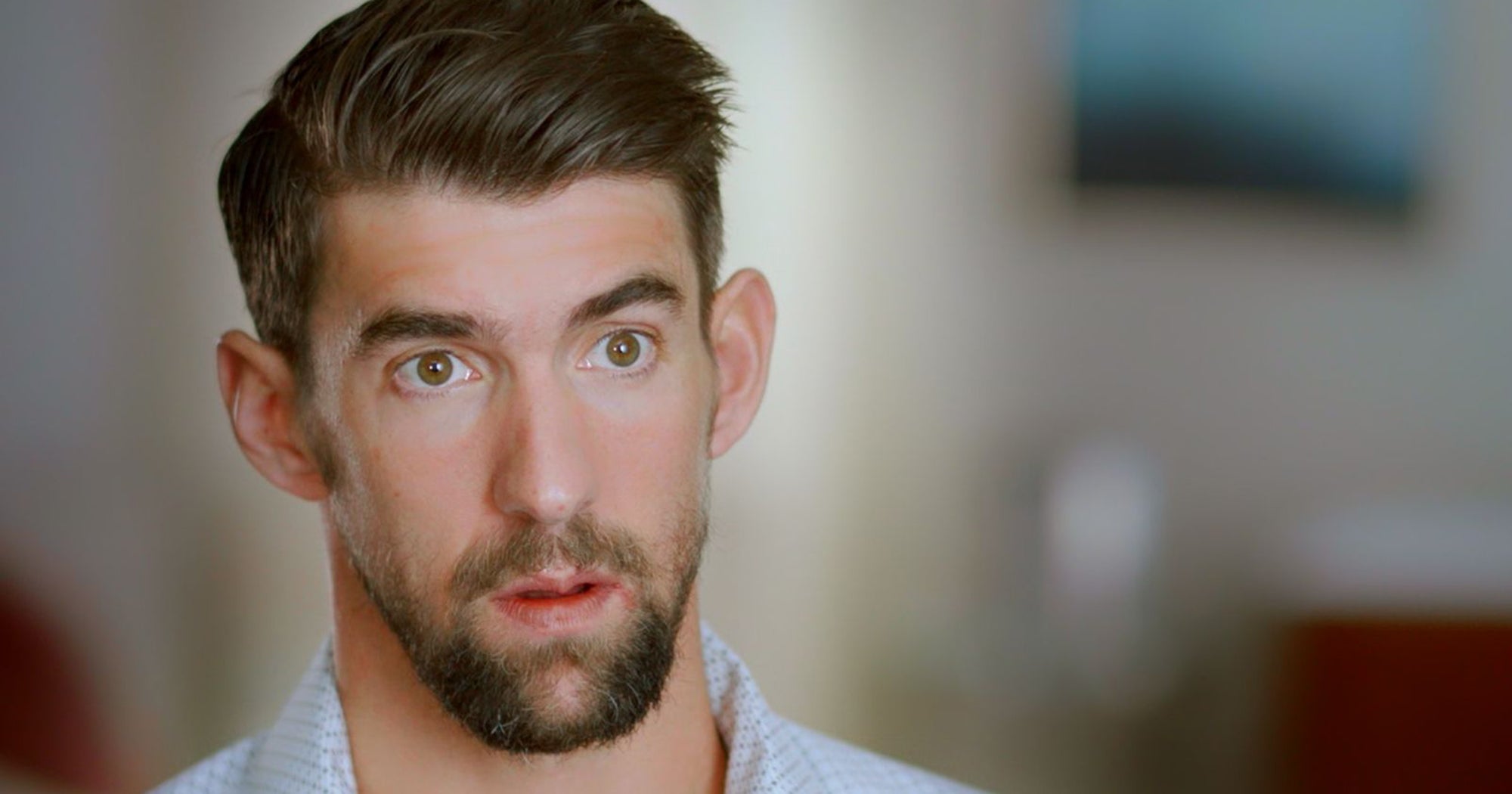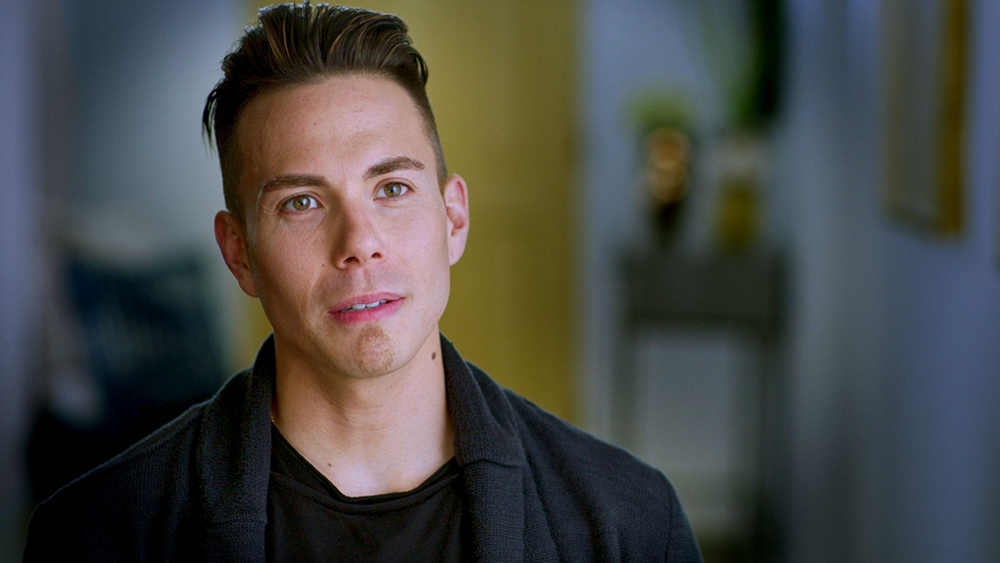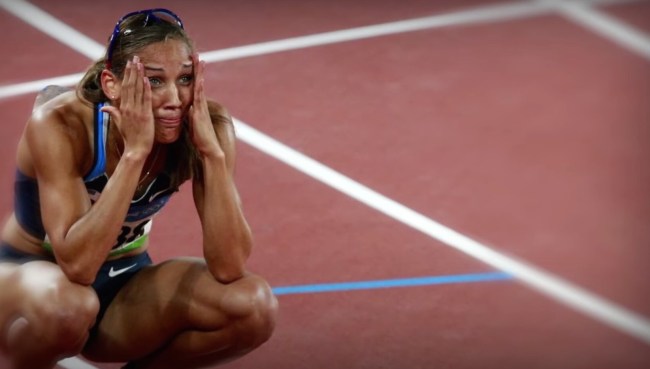Garden Kitty
Tranquillo
- Messages
- 30,381
HBO Sports has acquired the rights to a documentary called The Weight of Gold which focuses on the mental health challenges of Olympic athletes. Michael Phelps seems to be the main athlete featured, but the article discusses other athletes including Gracie Gold and Sasha Cohen. It will air on HBO on July 29th and be available on some of their streaming platforms as well.
In a typical year, more than 3.6 billion people around the world tune in to watch the Olympic Games. What most of these viewers DON'T know is that just like one in five Americans, many of these Olympic athletes similarly face serious mental health challenges and struggle to find the necessary support and resources. In THE WEIGHT OF GOLD, Michael Phelps, the most decorated Olympic athlete of all-time, shares his account of his struggle, along with other high-profile Olympic athletes including Jeremy Bloom, Lolo Jones, Gracie Gold, Bode Miller, Shaun White, Sasha Cohen, David Boudia, Katie Uhlaender, and, posthumously, Steven Holcomb and Jeret "Speedy" Peterson as shared by his mother, Linda Peterson.


